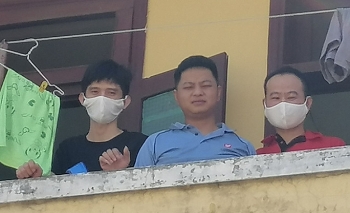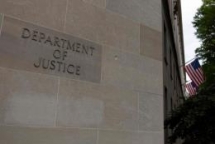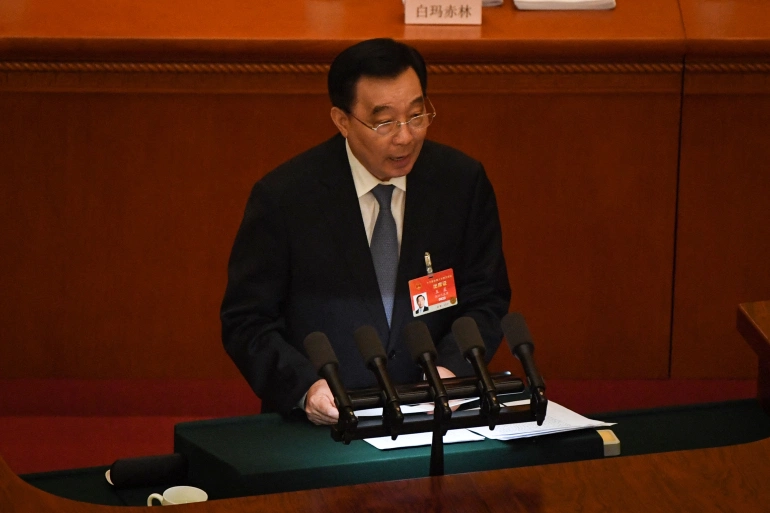Chinese researcher reportedly caught in US trying to fly home, charged with theft of trade secrets
| Prosecuting Chinese nationals' illegal entry into Vietnam | |
| 24 Chinese nationals found entering Da Nang illegally | |
| Chinese national pleads guilty to technology theft in US |
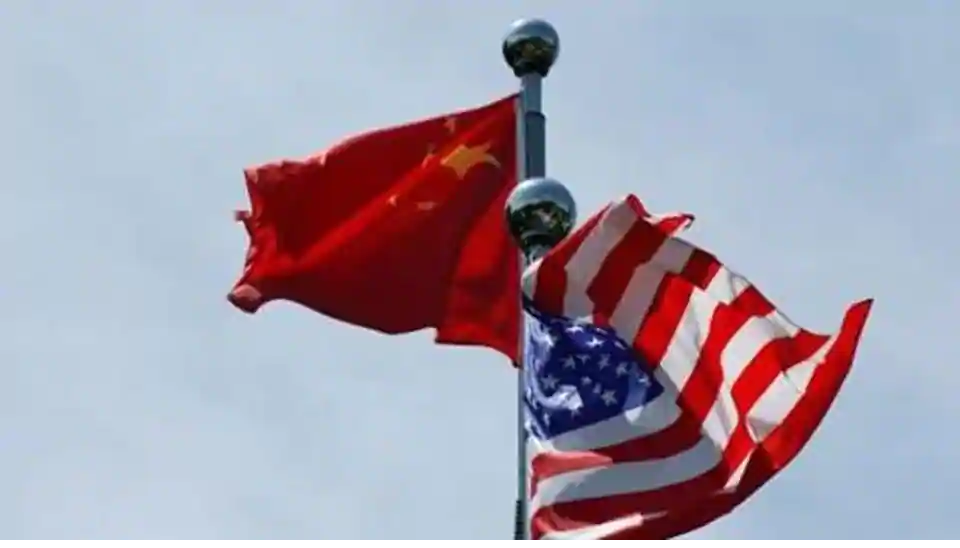 |
| Representative image. Source: Reuters |
US authorities have arrested a Chinese national, a researcher at the University of Virginia (UVA), on charges of theft of trade secrets and computer intrusion after he attempted to board a flight to China.
Haizhou Hu, 34, is charged with accessing a computer without authorization, or exceeding authorization to obtain information from a protected computer and theft of trade secrets, the US Justice Department said in a release on August 28.
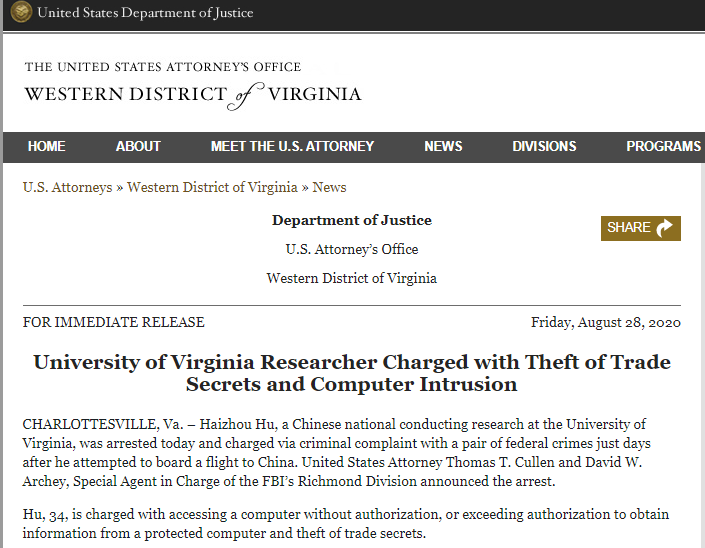 |
| Haizhou Hu has been charged with theft of trade secrets and computer intrusion. |
“According to court documents, investigators first became aware of Hu, who is in the US conducting research studying bio-mimics and fluid dynamics at the University of Virginia, on August 25 when he attempted to board a flight to China at Chicago’s O’Hare International Airport,” the department said.
A routine screening conducted by authorities revealed that Hu was alleged to be in possession of bio-inspired research simulation software code that he was not authorized to possess, and which represented the result of years of research and resources in its development by members of the University of Virginia academic community.
The investigation of the case is being conducted by the Federal Bureau of Investigation. First Assistant United States Attorney Daniel P. Bubar and Assistant United States Attorney Christopher Kavanaugh are prosecuting the case for the United States.
A criminal complaint is merely an accusation. The defendant is presumed innocent until proven guilty in a court of law.
“Bio-inspired research simulation software code”
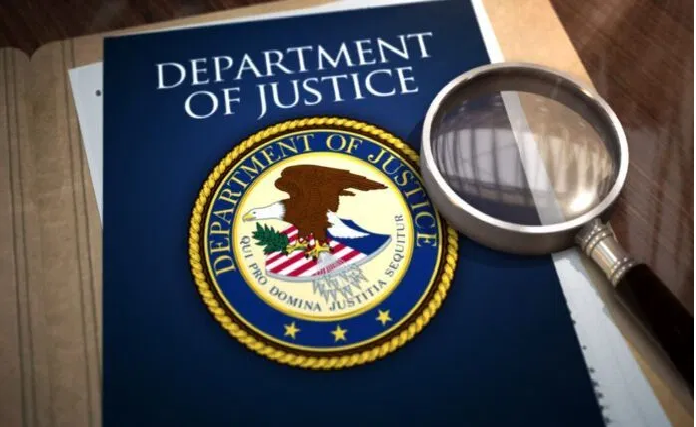 |
| Representative image. |
The “bio-inspired research simulation software code” developed by “Professor 1.” Bio-inspired research relates to studying the complexities of flying and swimming creatures in nature and applying that to manned flight or submersibles — often with military applications, Washington Examiner cited an FBI special agent as saying.
Hu “did not have lawful, authorized access to this material, and he admitted that Professor 1 would not want him to have it and would be upset to learn that HU possessed it," the FBI said. The professor, who runs the multiuniversity Flow Simulations Group, has been developing this code over the last 17 years and is sponsored by the US government’s National Science Foundation and the Office of Naval Research. The FBI special agent said that probable cause existed to charge Hu federally with fraud-related illicit computer intrusions and the theft of trade secrets, according to Washington Examiner.
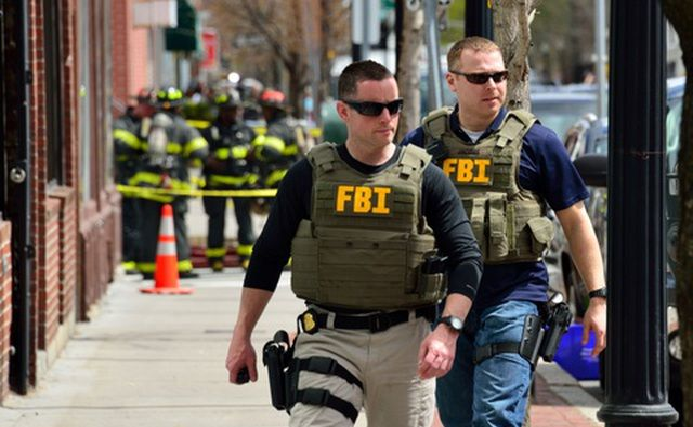 |
| The FBI special agent said bio-inspired research relates to studying the complexities of flying and swimming creatures in nature and applying that to manned flight or submersibles — often with military applications. (Photo: Sputnik) |
Hu had worked for the professor from March 2019 through August 2019, and the professor told investigators that Hu had left the university abruptly to return to China without saying goodbye. Hu told investigators that he also works for the Chinese Key Laboratory for Fluid Dynamics at China’s Beihang University, which receives funding from the Chinese government as well as specifically from the Chinese air force.
Hu had seen the professor give a lecture on “biomimics in aerodynamics” at the Chinese university in 2017 and had approached the professor to do research for him in the US. Hu had also attended China’s Harbin University, where he worked for its Key Laboratory for Underwater Robot Technology, which he admitted was, “of course,” funded by China’s so-called People’s Liberation Army, the affidavit said.
Hu said that he was directed by the Chinese Scholarship Council to upload summary reports regarding his UVA research every 6 months. Hu told investigators he was trying to take all of his UVA research with him to China.
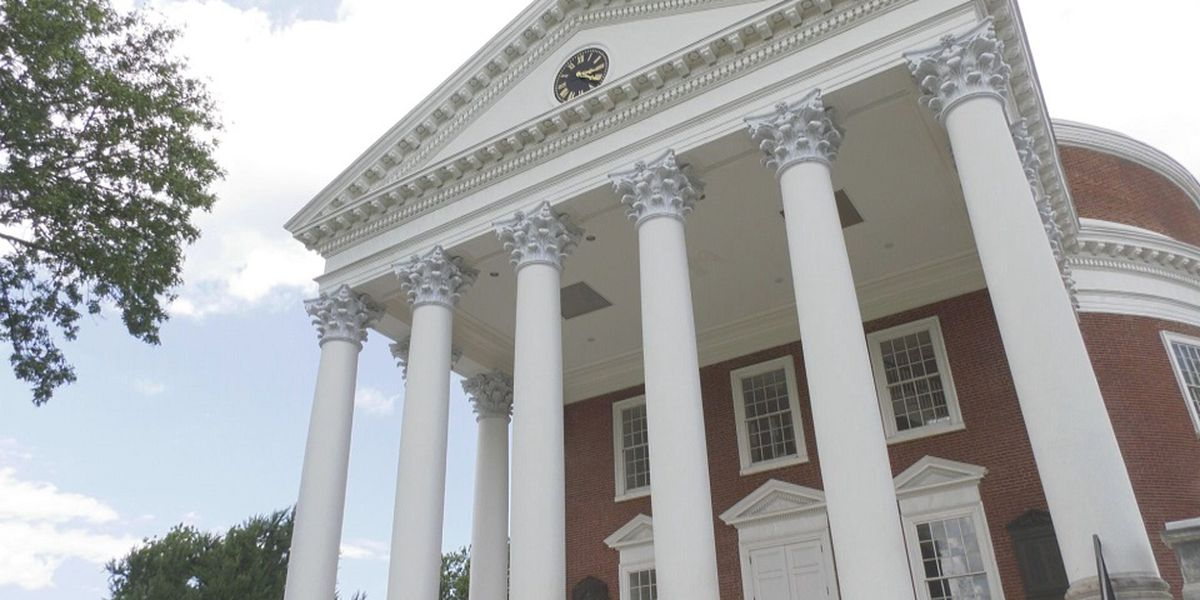 |
| The University of Virginia Rotunda in Charlottesville (Photo: WVIR) |
Investigators found approximately 9,600 source code files using the FORTRAN computer language on Hu’s laptop tied to “bio-inspired learning, research, and modeling.” The professor said those codes were used in simulations tied to research funded by the NSF. The professor said that his “core code” was “proprietary.” Investigators found that Hu had absconded with 55 of the core code files, which the professor said, “constituted the entirety of his core code he had been developing over the last 17 years.”
When interviewed by investigators, the professor “described the core code as the preeminent bio-inspired research simulation software in the world” and said its uses include “underwater robotics, submersible vehicles, aircraft engines, and other marine and aerospace applications," according to the affidavit. The professor said he received many requests to use the code but “has not shared it because he wishes to maintain his — and the University of Virginia’s — unique competitive advantage in conducting research in the bio-inspired fluid mechanics field.” The professor “was extremely concerned with the prospect of his core code being taken for use outside his research lab, as it … could be exploited for various commercial, governmental and military applications by other entities, including universities, companies, or countries," the affidavit said.
The professor said Hu had asked for access to the professor’s core code numerous times and that both he and his two authorized graduate assistants had denied Hu’s access each time. The professor and his two assistants told investigators they hadn’t given Hu access, and the FBI did not specifically reveal how he had stolen the computer code.
Hu among many other Chinese nationals charged by Justice Department
Multiple members of the Chinese military have been charged by the US Justice Department in recent weeks for concealing their ties to China's military and allegedly committing visa fraud while acting as students or researchers at US universities.
A number of researchers have also been arrested recently for concealing their ties to China’s Thousand Talents program while receiving US government grants, Washington Examiner.
The Justice Department’s China Initiative aims to combat Chinese espionage, and the US has arrested and charged a number of scientists, including Harvard’s chemistry department chairman, Charles Lieber.
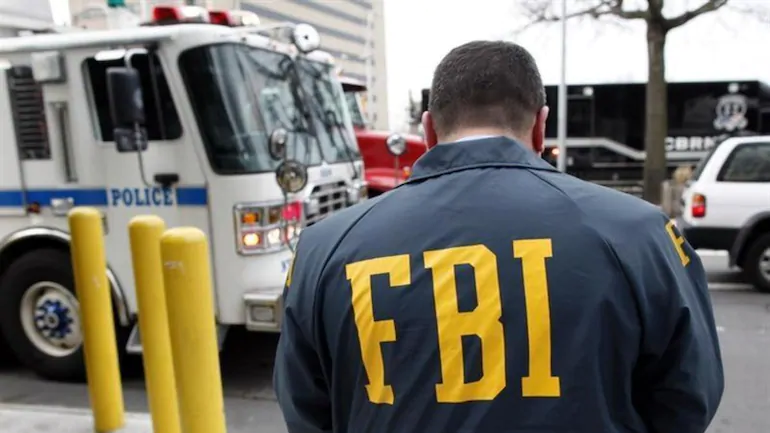 |
| The Chinese national was arrested by the FBI in July. Photo: Reuters |
According to Reuters, the US Justice Department said on August 29 that Guan Lei, a 29-year-old Chinese researcher at the University of California, Los Angeles, was arrested after he was seen throwing a damaged hard drive into a dumpster outside his apartment in July.
“Guan is being investigated for possibly transferring sensitive US software or technical data to China’s National University of Defense Technology” and falsely denying his association with the Chinese military on his visa application and in interviews with federal agents, the Justice Department said.
The statement did not say when the investigation started.
Guan made an initial court appearance on August 29 and an arraignment was scheduled for September 17, the statement said. The felony offense of destruction of evidence carries a maximum sentence of 20 years in federal prison.
Threats of influence and interference in US election
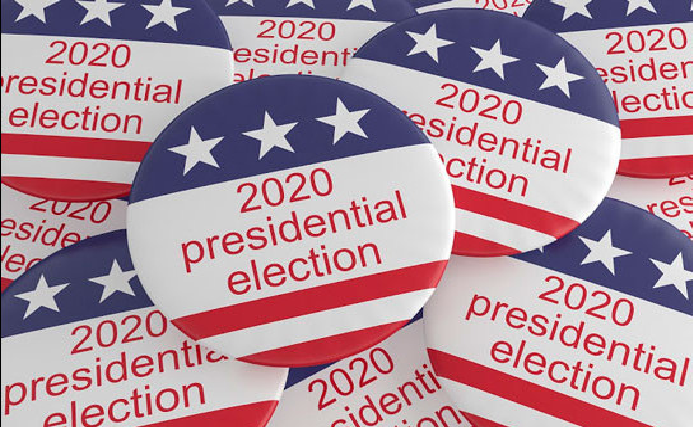 |
| Representative image. |
Director of National Intelligence John Ratcliffe recently said in a statement to the Washington Examiner that “China poses a greater national security threat to the US than any other nation — economically, militarily and technologically. That includes threats of election influence and interference.”
According to Reuters, White House National Security Adviser Robert O’Brien said Chinese government-linked hackers have been targeting US election infrastructure ahead of the 2020 presidential election, indicating a more active level of alleged Chinese interference.
O’Brien’s comments appeared to go beyond a statement released by the Office of the Director of National Intelligence which said China “has been expanding its influence efforts.” But did not specifically accuse Beijing of hacking attempts against US election-related systems.
“They’d like to see the President lose,” O’Brien said on CBS’ “Face the Nation.”
China has consistently denied US government claims that it hacks US companies, politicians or government agencies. “The US presidential election is an internal affair, we have no interest in interfering in it,” Chinese foreign ministry spokesman Geng Shuang said in April.
O’Brien said the US had seen hackers try to infiltrate websites belonging to Secretary of State offices around the country, which are responsible for administering elections at the local level, and collecting data on Americans.
“There will be severe consequences for any country that attempts to interfere in our free and fair elections,” he said.
Ties between US and China have worsened in the recent past with two countries sparring over several issues.
Recently, the US had ordered China to close its Consulate General in Houston, Texas, over accusations that it engaged for years in massive illegal spying and influence operations in the US. In retaliation, China ordered the US to close its Consulate General in Chengdu./.
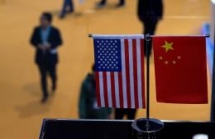 | China, US to have trade dialogues in October China and the US will meet and hold high – level trade dialogues in October in Washington as the Chinese commerce ministry’s announcement on Thursday. |
| China, US additional tariffs on each other's goods begin today China and the United States will begin imposing additional tariffs on each other's goods on Sep.1, the latest escalation in a bruising trade war. |
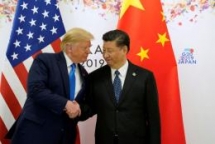 | China, US to restart trade talks as Trump says 'back on track' The United States and China have agreed to restart trade talks and Washington will not level new tariffs on Chinese exports, China’s official Xinhua news ... |
Recommended
 World
World
Pakistan NCRC report explores emerging child rights issues
 World
World
"India has right to defend herself against terror," says German Foreign Minister, endorses Op Sindoor
 World
World
‘We stand with India’: Japan, UAE back New Delhi over its global outreach against terror
 World
World
'Action Was Entirely Justifiable': Former US NSA John Bolton Backs India's Right After Pahalgam Attack
 World
World
US, China Conclude Trade Talks with Positive Outcome
 World
World
Nifty, Sensex jumped more than 2% in opening as India-Pakistan tensions ease
 World
World
Easing of US-China Tariffs: Markets React Positively, Experts Remain Cautious
 World
World

